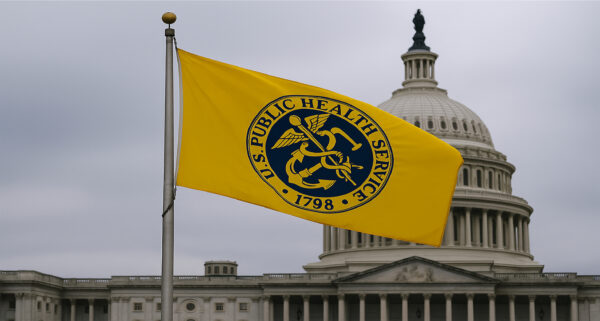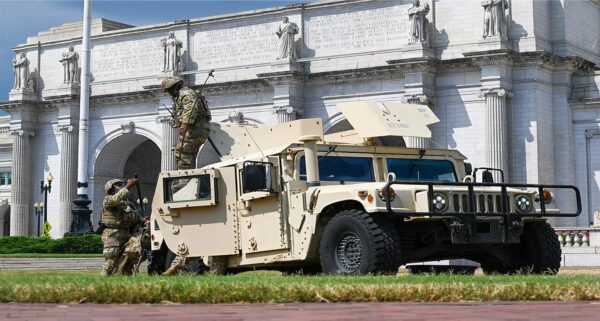
U.S. Public Health Service Retirees File Class Action Against the United States Over Unpaid Retirement Benefits During Shutdown.
WASHINGTON, D.C. — The Law Offices of David P. Sheldon, PLLC has filed a class action lawsuit in the U.S. Court of Federal Claims on behalf of retired officers of the U.S. Public Health Service (USPHS) whose retirement pay has been withheld during the ongoing government shutdown.
Filed on November 10, 2025, the Complaint asserts that the U.S. Government violated federal statutes that mandate monthly retired pay to USPHS officers. The suit, Commander William Michael Futch, et.al v. United States (Case No. 25-1915 C), seeks certification as a class action under Rule 23 of the Rules of the Court of Federal Claims (RCFC 23) and requests that the Court compel the United States to pay all withheld retired pay and future payments owed under 42 U.S.C. § 212.
“Retired officers of the U.S. Public Health Service have served this nation with distinction, many in hospitals, prisons, and public health emergencies,” said David P. Sheldon, founder of the firm. “Their earned retirement pay is not discretionary. It is guaranteed by law. The government’s refusal to pay them during the shutdown is both unlawful and unjust.”
The case is assigned to Judge Elaine D. Kaplan, former Chief Judge of the Court of Federal Claims and former Acting Director of the U.S. Office of Personnel Management. Judge Kaplan will determine whether to certify the matter as a class action and oversee subsequent notice to eligible class members.
If the Court certifies the class, all USPHS retirees who were not paid, during the current shutdown will be eligible to opt in as members. Once certified, the Court, not the firm, will oversee how class notices are issued, how members join, and how any settlement or judgment is distributed.
The Complaint invokes the Tucker Act (28 U.S.C. § 1491) and the Equal Access to Justice Act (28 U.S.C. § 2412), arguing that USPHS retirement statutes are money-mandating and require the United States to pay monthly retired pay regardless of appropriations lapses.
Next Steps for Potential Class Members
Potential class members—including all retired USPHS officers and eligible survivors—should:
- Review the memorandum outlining the filing and court process.
- Monitor communications for the Court’s certification and official notice.
- Be prepared to opt in following Court instructions once notice is issued.
- Direct questions or participation inquiries to class.action@militarydefense.com.
About the Law Offices of David P. Sheldon, PLLC
Based in Washington, D.C., The Law Offices of David P. Sheldon, PLLC represents members of the armed forces and all of the nation’s uniformed services in complex military and federal employment matters. The firm’s attorneys litigate before the U.S. Court of Federal Claims, Boards for Correction of Military Records, and federal appellate courts, advocating for the rights of service members, retirees, and federal employees nationwide.
📞 Media Contact:
Law Offices of David P. Sheldon, PLLC
100 M Street SE, Suite 600 | Washington, DC 20003
📧 class.action@militarydefense.com 📞 202-546-9575
🌐 www.militarydefense.com





